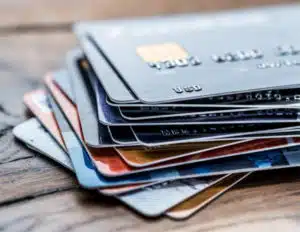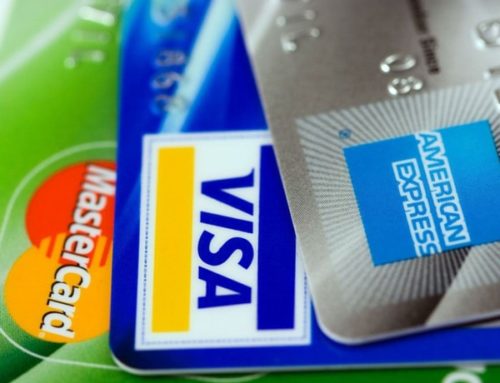If you just learned of a fraud on your credit card statement, you can still dispute it.

Credit Card Disputes 101….a primer
When a fraudulent charge appears on your credit card statement, you have 60 days from the date of that statement to dispute it, in writing. Yep, your dispute must be in writing to preserve your rights. You should still call the bank immediately to dispute the item, but just be sure to follow up with a letter, email, or even a fax. Once you have given that notice, the bank then has 60 days, or two billing cycles, within which to review your dispute and rule on it.
Lately, banks such as American Express and Citibank have given us pushback because our clients’ disputes were not sent to them in writing. Even though the banks know full what the dispute was about, they still try to avoid liability based on technicalities. This is the mentality you are up against when dealing with your own bank.
If you discover the fraud after 60 days, you may still have a claim
This can happen in instances where you pay for something with your credit card and do not expect delivery for several months later. For example, Mr. Royer gave a sleazy contractor a $9,000 deposit to renovate the basement of his home. The contractor was not supposed to start the job for several months later. When the contractor disappeared and refused to return Mr. Royer’s phone calls, he disputed the deposit with his bank, Discover. Discover declined his dispute. The 4th Circuit Court of Appeals ruled for Mr. Royer and against Discover Bank, holding that so long as he disputed the charge within 60 days of when he becomes aware of the non-delivery of the goods and services from the contractor, it is still a billing dispute that he can make. This is a great ruling for consumers.
Time is still not on your side under the law
The Fair Credit Billing Act (“FCBA”) requires you to file your lawsuit against the bank within 1 year from the date that it declines your dispute. You should file this lawsuit timely, otherwise, your only recourse is to sue the merchant. In online transactions, Merchants can be located anywhere in the world and that is where you would need to sue it. Your bank, however, you can sue in your home state. This makes a big difference.
A word about the “chip defense” asserted by the credit card companies and how to beat it.
Many, if not most banks, in my experience, have declined credit card disputes. Citibank, Chase, and American Express seem to revel in declining to help their customers. Sometimes they decline the dispute stating something like “Your credit card has a computer chip in it and thus, we conclude that you performed that transaction in person.” While most credit cards today have computer chips in them, that does not mean that merchants only accept credit cards via the chip reader. It’s as if they don’t understand the concept of online transactions. Think Doordash or Uber Eats. They don’t only use the chip in your credit card to accept payment and neither do other merchants that accept credit cards.
You don’t have to be a victim of credit card fraud
Don’t back down if you get a message from the bank declining your credit card dispute. Instead, call us at Credit Repair Lawyers of America at (404) 591-6680 or email me at [email protected] for more information. We only collect our fees and costs from the settlements that we get on your behalf. Our services cost you nothing out of pocket. Call us today.

